by: Edward Helmore
Films with higher rates of diversity tend to have higher box office numbers and that analysts consistently underestimate black audiences
Straight Outta Compton
The biopic Straight Outta Compton had a box office haul of $60.2m, $20m higher than expected. Some say it’s because black audiences are consistently undervalued. Photograph: Jaimie Trueblood/AP
Edward Helmore
Thu 18 Feb 2016 15.42 EST
The absence of black faces among acting nominees at this year’s Academy Awards has highlighted a troubling issue for the movie business: that the lack of diversity on screen is not just bad for its reputation. It’s also bad for its business.
The 2015 Hollywood Diversity Report, published by UCLA’s Ralph J Bunche Center, said that while minorities account for more than half of frequent US moviegoers, minority representation in films has dipped since 2013. That year is widely regarded as a “breakout year” for black representation in film with 12 Years a Slave and The Butler.
That finding was in contrast to another in the study that said films with higher rates of diversity tended to have higher box office numbers, and TV shows higher ratings. “You’d think that was obvious. It’s beginning to sink in that diversity is good business strategy,” says Dr Darnell Hunt, co-author of the report.
Yet Hollywood is often stunned by the economic power of black audiences. Variety magazine found that despite very strong box office performances by movies with African American leads in August and September, analysts consistently underestimate debut weekend box office performances.
The biopic Straight Outta Compton came in at $60.2m, $20m higher than expected, while the drama War Room and the thriller The Perfect Guy both about doubled expectations. In each case, Variety found, black moviegoers comprised between 36% and 60% of the opening weekend audience.
The Oscars have been criticized for the lack of diversity among nominees this year Guardian
According to Wilson Morales, editor of Blackfilm.com, the failure to predict box office take speaks to the consistent failures to take the economic power of black audiences in account. “When you look at Compton and War Room – films that had no big names – and you look at how well they did, that should tell you something.”
To Morales, the lessons are clear: Hollywood simply hasn’t developed the kind of market research or promotional infrastructure to reach minority audiences effectively.
Jeff Clanagan, CEO of CodeBlack Entertainment, an African American-focused division of Lionsgate, told Variety that black audiences are harder to track, in part because the methods the industry uses are outdated. “What we say is: ‘You can’t track black.’”
In the case of Straight Outta Compton, which Universal marketed as a landmark in cultural history, Morales claims the studio didn’t factor in the potential fan base because “black audiences are consistently undervalued.
“The studios don’t have black box office experts. Sometimes they just don’t promote them to generate the traffic. No one saw the potential of Straight Outta Compton.”
While there are exceptions – the Tyler Perry series of comedies, for instance, that cater specifically to black audiences – weeks will often go by when there are no films set for release with black actors in leading roles.
In terms of possible Oscar winners, says Morales, 2016-2017 forecasts appear no better. Apart from The Birth of a Nation, about the slave liberation movement in the 1830s, and Disney’s The Queen of Katwe by Mira Nair, starring Lupita Nyong’o and David Oyelowo, “there’s very little coming through,” says Morales. “We’re only looking at two films so they’re putting all their chips on one or two people. It’s not good.”
But in television, says Hunt, there are more outlets so there are many more possibilities.
“That gives the opportunity for African American showrunners, directors, producers and writers to play formative roles in the process. That doesn’t happen in film all that often.”
It’s tempting to view 2013 as an aberration, says Hunt. “That year was an outlier. This year is more typical of what we see. So for the last two years having no people of color nominated for the major acting awards is the norm. You can’t win awards if there are no roles. The odds of getting many years like we had with 12 Years a Slave” are long.
As the US population advances toward a minority-majority, the industry’s failure to cater more to minority moviegoers will seem self-defeating. “Money is being left on the table,” Hunt says. “At some point, as the market continues to diversify, the product is going to have to match the market. Right now, there are only token efforts to do that. It’s become a mutually reinforcing process and it all goes back to the people making the decisions”.


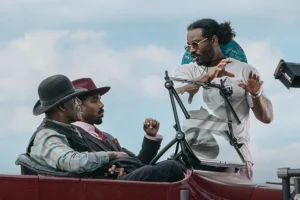
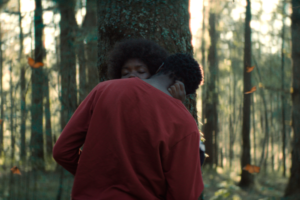
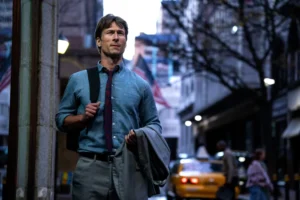



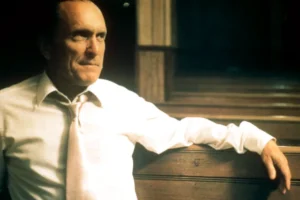




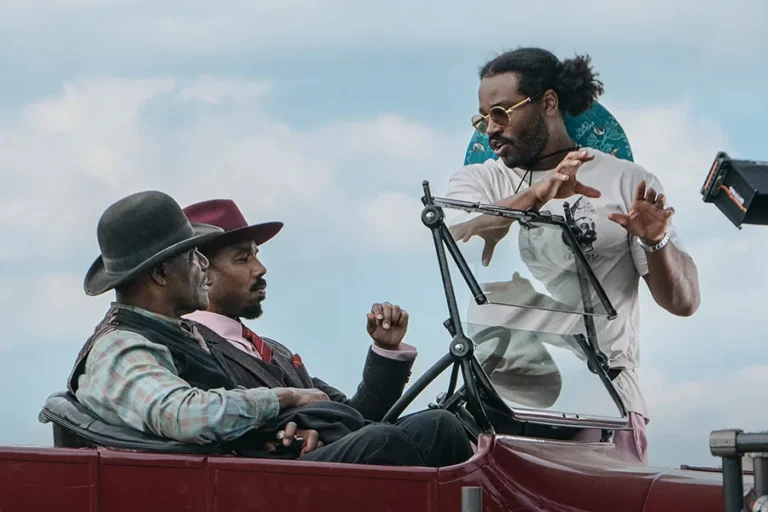

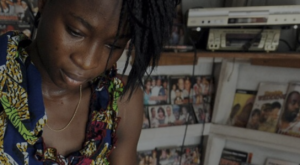
+ There are no comments
Add yours